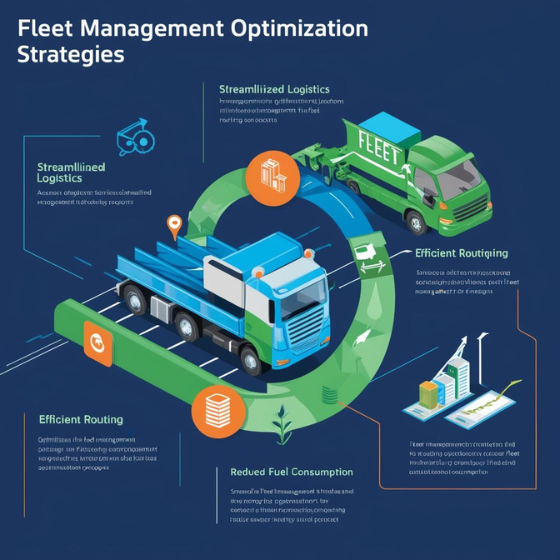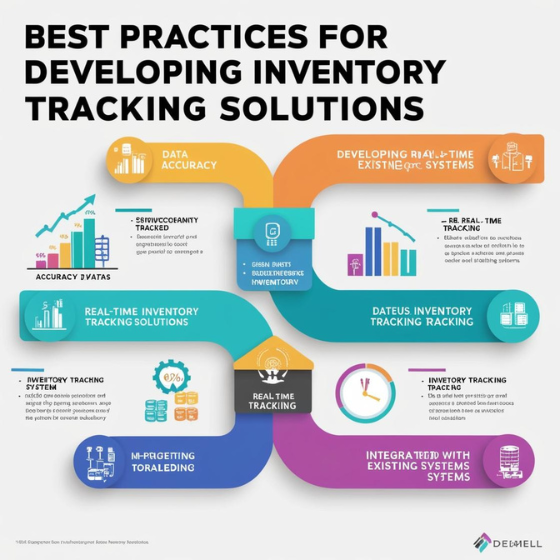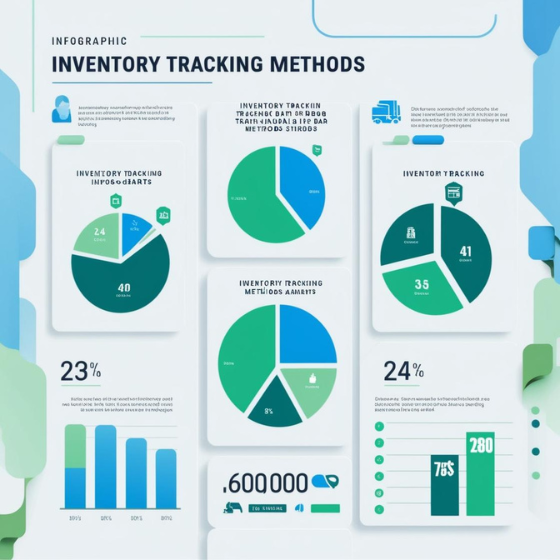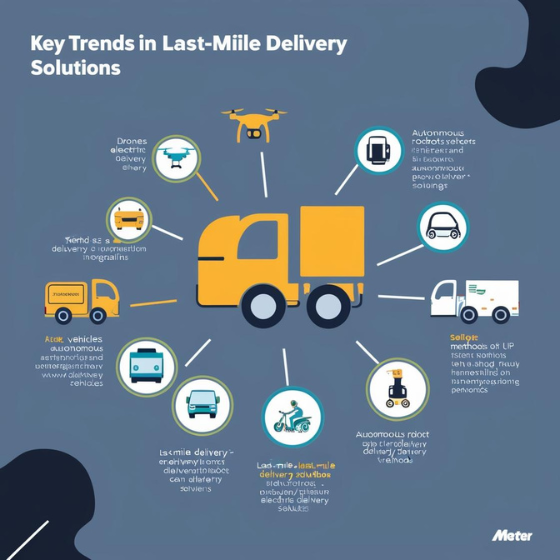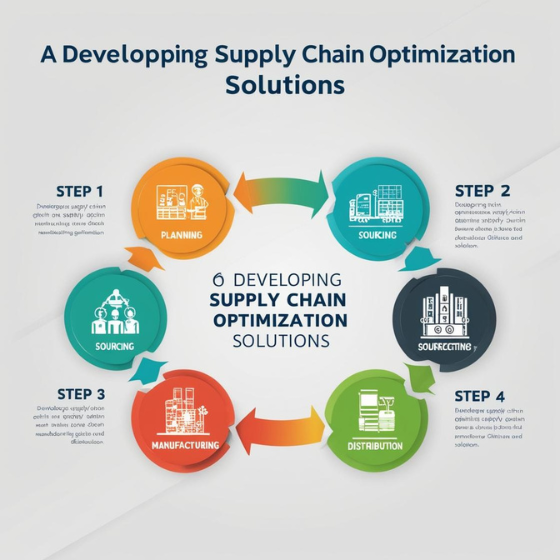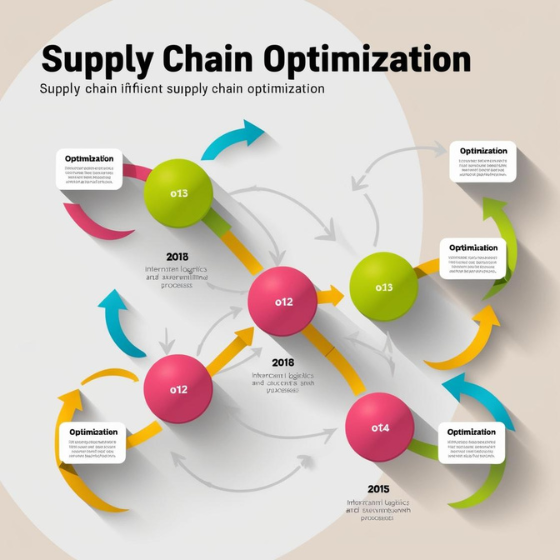Fleet Management: Optimizing Operations
“Did you know that effective fleet management can reduce operational costs by up to 20% while improving efficiency and safety?”
In today’s fast-paced world, businesses across industries rely heavily on fleets to keep their operations running smoothly. Whether it’s logistics, public transport, or supply chain management, the importance of managing fleets efficiently cannot be overstated. But what does fleet management entail, and why is optimizing operations critical for business success?
This blog dives into the ins and outs of fleet management: optimizing operations, offering actionable insights, tools, and techniques to help you streamline your fleet’s performance, reduce costs, and boost profitability.
What is Fleet Management and Why Does it Matter?
At its core, fleet management involves overseeing and coordinating vehicles to improve efficiency, reduce costs, ensure safety, and maintain compliance. Businesses that manage fleets effectively enjoy higher productivity, reduced downtime, and better customer satisfaction.
But fleet management isn’t just about keeping vehicles on the road—it’s about leveraging data and technology to make informed decisions. Here’s why optimizing operations is essential:
- Cost Efficiency: Effective fleet management can save businesses thousands of dollars annually.
- Improved Safety: Monitoring vehicle and driver performance minimizes accidents and liabilities.
- Environmental Responsibility: Efficient fleet operations reduce fuel consumption and carbon emissions.
- Regulatory Compliance: Proper management ensures adherence to industry regulations and standards.
Challenges in Fleet Management
Before exploring optimization techniques, let’s identify some of the common challenges businesses face:
1. Rising Fuel Costs
Fuel is one of the largest expenses for fleet operators. Price fluctuations can wreak havoc on budgets, making it essential to monitor and optimize fuel usage.
2. Vehicle Downtime
Unplanned maintenance can disrupt operations and result in financial losses. Fleet managers must implement proactive strategies to minimize downtime.
3. Driver Behavior
Reckless driving, such as speeding or harsh braking, not only increases fuel consumption but also poses safety risks. Tracking driver performance is crucial for maintaining fleet efficiency.
4. Compliance Issues
Adhering to government regulations and industry standards is a constant challenge. Non-compliance can result in hefty fines and damage a business’s reputation.
Strategies for Fleet Management: Optimizing Operations
1. Leverage Fleet Management Software
Investing in fleet management software is a game-changer. These tools provide real-time data on vehicle performance, location tracking, and maintenance schedules, allowing managers to make informed decisions.
Benefits:
- GPS tracking for route optimization.
- Automated maintenance reminders.
- Real-time analytics to identify inefficiencies.
Explore Sodio’s custom software development services to learn how we can create tailored fleet management solutions for your business.
2. Embrace Predictive Maintenance
Regular vehicle maintenance is crucial, but predictive maintenance takes it a step further by using IoT devices and sensors to detect potential issues before they cause breakdowns.
Key Steps:
- Install diagnostic tools in vehicles.
- Monitor data such as engine performance and tire pressure.
- Schedule repairs proactively to avoid costly downtime.
Discover Sodio’s IoT and blockchain solutions for building robust, data-driven maintenance systems.
3. Optimize Routes and Schedules
Route optimization is critical for reducing fuel consumption and delivery times. Advanced algorithms and GPS systems can help plan the most efficient routes.
Tips:
- Use software to calculate optimal routes based on traffic and weather conditions.
- Consolidate deliveries to minimize trips.
- Monitor driver adherence to planned routes.
Learn how Sodio’s mobile app development services can integrate route optimization features into your fleet management system.
4. Monitor Driver Performance
Drivers play a pivotal role in fleet management. Tracking their behavior and providing training can lead to significant improvements in safety and efficiency.
Key Metrics to Track:
- Speeding and harsh braking incidents.
- Idle times and fuel usage.
- Compliance with safety protocols.
By implementing telematics and driver scorecards, you can incentivize better driving habits.
5. Transition to Electric or Hybrid Vehicles
Sustainability is more than just a buzzword; it’s a necessity. Electric and hybrid vehicles not only reduce environmental impact but also save on fuel and maintenance costs in the long run.
Advantages:
- Lower fuel dependency.
- Access to government incentives for green fleets.
- Enhanced brand reputation as an eco-conscious business.
Case Study: Successful Fleet Optimization in Action
Let’s consider a logistics company that implemented fleet management software combined with predictive maintenance and driver monitoring systems:
The Challenge:
- Frequent vehicle breakdowns disrupting delivery schedules.
- High fuel consumption due to inefficient routing.
The Solution:
- Installed GPS tracking and route optimization software.
- Introduced predictive maintenance using IoT sensors.
- Monitored driver behavior through telematics.
The Results:
- Reduced fuel costs by 18%.
- Increased on-time deliveries by 25%.
- Decreased vehicle downtime by 30%.
This example demonstrates the tangible benefits of focusing on fleet management: optimizing operations using technology and data-driven strategies.
The Future of Fleet Management
The fleet management industry is rapidly evolving, driven by advancements in artificial intelligence, IoT, and blockchain technologies. Here’s what the future holds:
- Autonomous Vehicles: Self-driving trucks and vans will revolutionize logistics.
- AI-Powered Analytics: Advanced data analytics will provide deeper insights into fleet performance.
- Blockchain Integration: Transparent, tamper-proof records will streamline compliance and maintenance tracking.
Businesses that stay ahead of these trends will maintain a competitive edge and achieve long-term growth.
Conclusion: Driving Success with Optimized Fleet Management
Optimizing fleet management is no longer optional—it’s essential for businesses aiming to reduce costs, improve efficiency, and maintain a competitive edge. By leveraging advanced tools, monitoring driver performance, and embracing sustainability, you can transform fleet operations into a powerful business asset.
Ready to take the next step? Explore Sodio’s custom software solutions and see how we can help you build a fleet management system tailored to your business needs.
Contact us today to learn more about how Sodio’s expertise in mobile app development, IoT, and green tech solutions can revolutionize your fleet management operations
